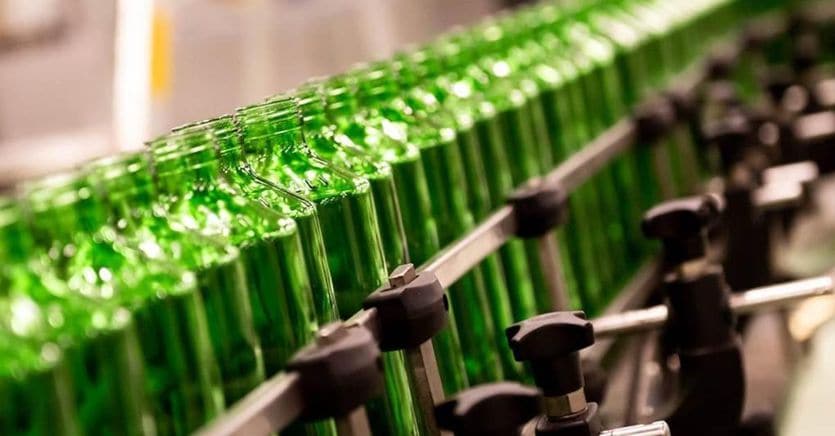Listen to the audio version of the article
We await the end of the process that will lead to the entry into force of the new packaging regulation (Ppwr: Packaging and Packaging Waste Regulation). After the political agreement between Parliament and the EU Council for a shared text was closed in Brussels on 4 March. The meetings to finalize the text at a technical level ended on 7 March, on the 8th the Belgian presidency of the EU Council presented the agreement to the member countries in Coreper (the Committee of Permanent Representatives) who will vote on it on 15 March. Subsequently, the vote in Parliament, in the Environment Committee, is scheduled for March 19th while the plenary one is expected for the week of April 22nd (date yet to be confirmed).
The crux of non-EU companies
Many are waiting for the final text: last week the Environment Commissioner Virginijus Sinkevičius left the negotiating room dejectedly to confirm to journalists that the EU executive was not yet able to give its blessing to the agreement due to concerns within its trade department about how non-EU companies should meet recycling targets.
The compromise reached
Meanwhile, the agreement reached on 4 March provides that from 1 January 2030, single-use plastic packaging will be banned for fresh unprocessed fruit and vegetables and for foods and drinks filled and consumed in bars and restaurants, with a stop to individual portions (such as condiments, sauces , cream, sugar) and miniature products for toiletries in hotels, and finally film for suitcases at airports has been banned.
Save compostable plastic
There are some exceptions: «Save milk cartons, save disposable compostable plastic packaging. Also save the plastic ones for fruit and vegetables under one and a half kilos, if necessary to avoid loss of weight, water and turgidity. Save bottles of wine and other perishable and alcoholic drinks”, summed up Patrizia Toia, PD MEP, rapporteur of the regulation for the Itre Commission, in the aftermath of the agreement. The “saving” of compostable plastic is a victory for our supply chain, at the forefront in bioplastics and in the collection and composting of the wet fraction.
Reuse objectives
Another of the indigestible points for the Italian industry was that relating to the introduction of reuse objectives and interception tools such as security deposits (returnable deposits). Since for 35 years Italy has chosen with the Ronchi decree to follow the extended producer responsibility model, the packaging recycling chain (supported by contributions paid by producers and users of the same) has achieved excellent results. Italy has already reached the 70% packaging recycling targets that the EU is asking for by 2030: we are at 71.5%.
